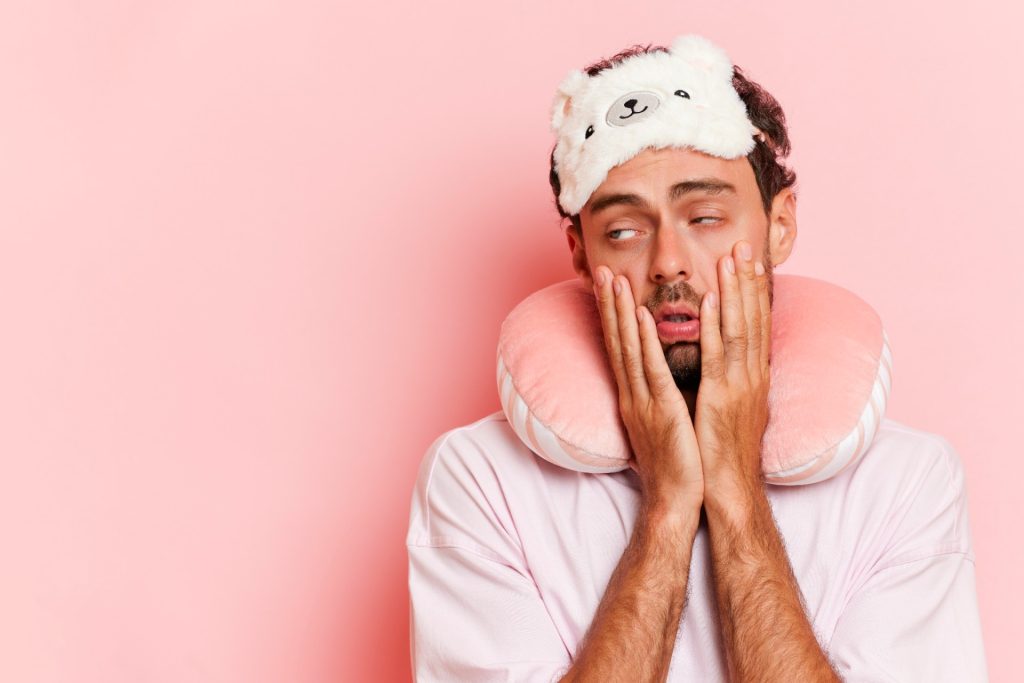From disrupted circadian rhythms to too much screen time, several factors may be keeping your brain alert even when your body begs for rest.
Others are reading now
We’ve all had those days: you’re barely keeping your eyes open through meetings or errands, but once your head hits the pillow, you’re wide awake. It’s a frustrating contradiction — and for many, a nightly occurrence.
The mismatch between feeling tired and being unable to sleep may come down to a combination of biology, habits, and environment. Understanding why this happens is the first step toward fixing it.
Your Body Clock Might Be Misaligned
Our sleep-wake cycle is controlled by the circadian rhythm, a natural 24-hour body clock that responds to light and darkness. Melatonin, the hormone that helps regulate sleep, usually rises as evening approaches, peaking between 2 and 4 a.m. But if your body’s rhythm is off — a condition called delayed sleep phase syndrome — melatonin may not kick in when it should. The result: you’re tired all day and wide awake at night.
This condition is particularly common among teens and young adults but can affect anyone, especially those with inconsistent sleep schedules.
Also read
Lifestyle Habits That Disrupt Sleep
A number of everyday habits may also sabotage your sleep, even if you feel exhausted:
-
Napping late or too long can shift your sleep window.
-
Anxiety and stress keep your mind overstimulated at night.
-
Depression often disrupts sleep cycles in complex ways.
-
Caffeine, especially in the afternoon or evening, can stay in your system longer than you think.
-
Blue light from phones, tablets, or laptops suppresses melatonin.
-
COVID-19, including long COVID, has been linked to sleep disturbances in a growing number of cases.
Even dietary choices can influence sleep. High-fat meals or evening caffeine might delay rest, while certain foods like almonds or fatty fish — which contain melatonin — may promote sleep.
When Being Tired Is a Health Risk
The Centers for Disease Control and Prevention (CDC) warns that consistent sleep deprivation can raise your risk of serious health issues like obesity, heart disease, diabetes, and depression. It can also diminish focus, mood, and immune function.
To help rebalance your sleep, experts recommend regular sleep and wake times, limiting caffeine, reducing screen use before bed, and managing stress with tools like journaling, mindfulness, or therapy.
As reported by Healthline, understanding the reasons behind your restless nights can empower you to take back control — one night at a time.

